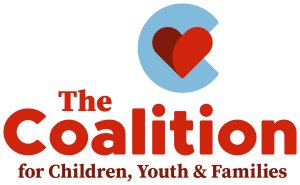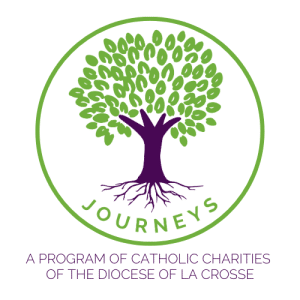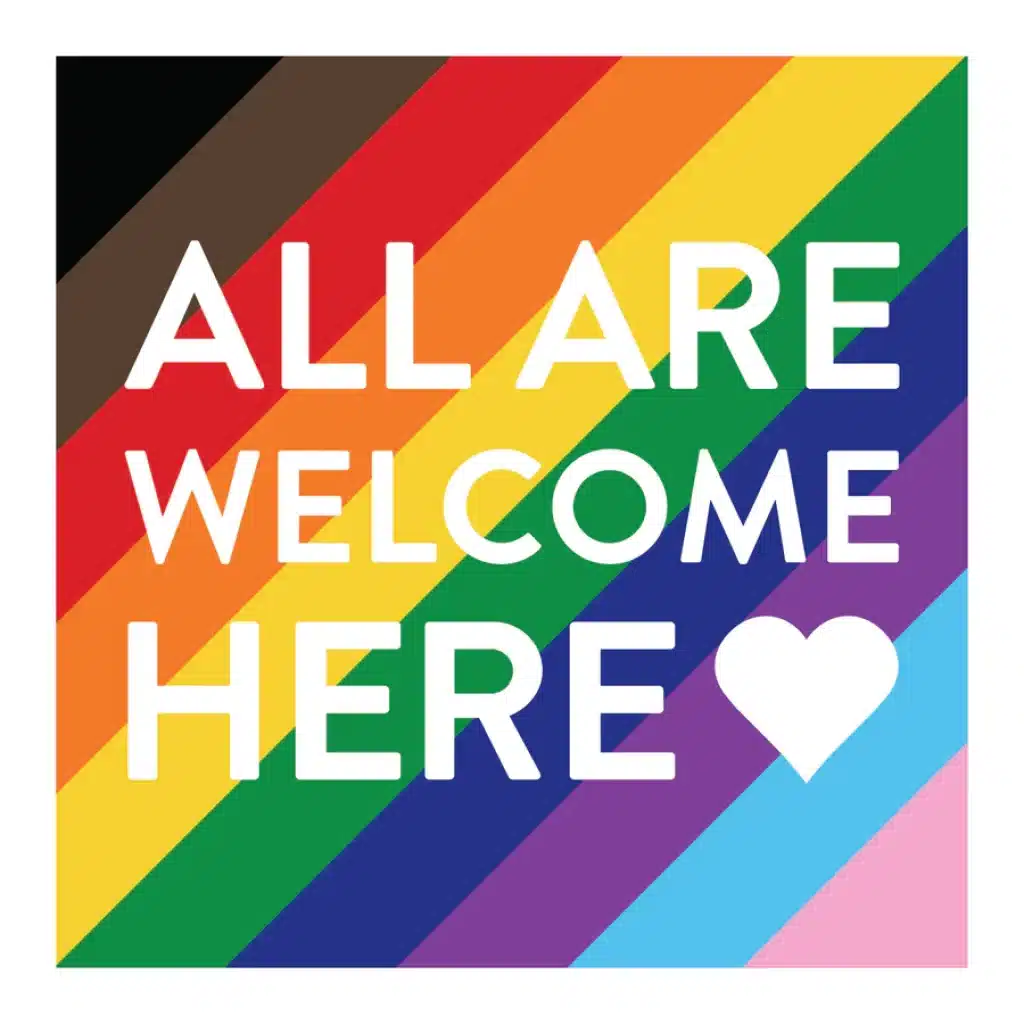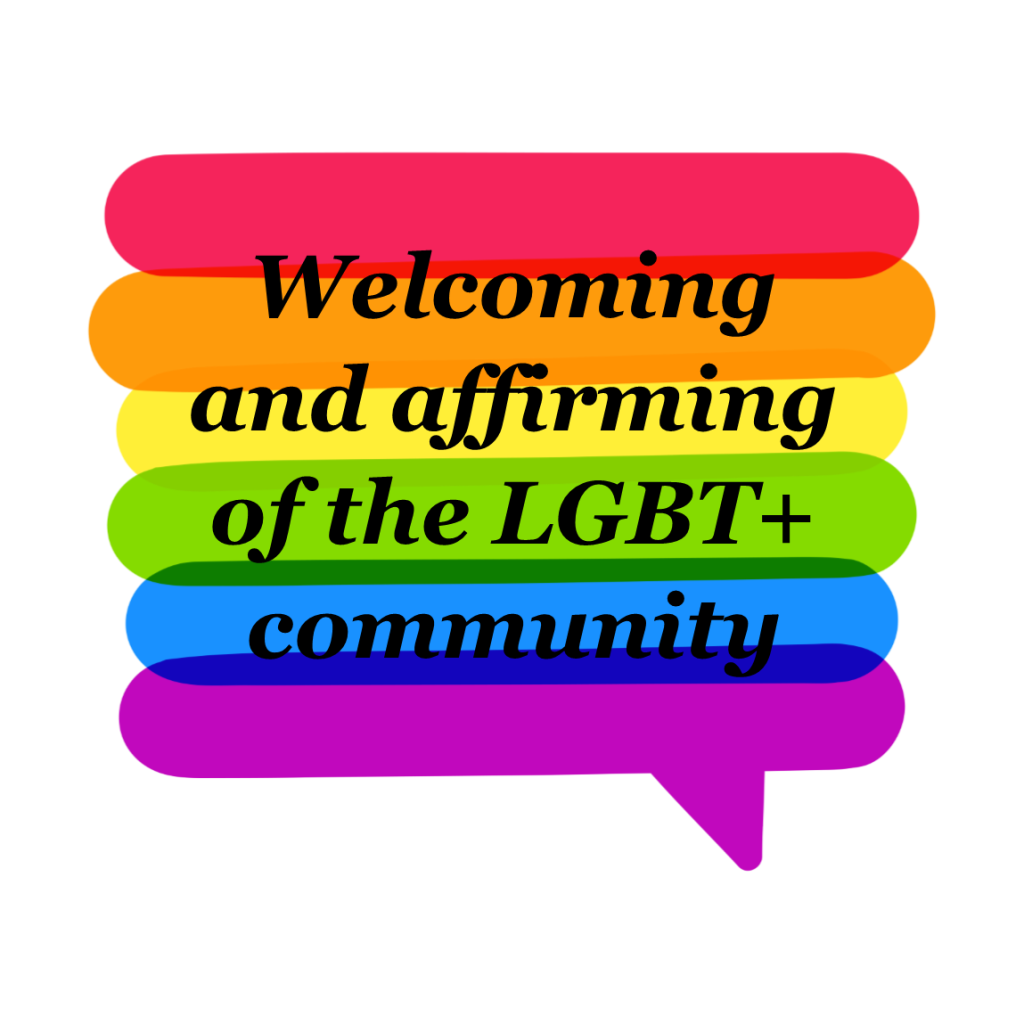 The decision to make an adoption plan for your child is a difficult and emotional one. We know you have questions and concerns about the process, adoption in general, and how to find the right people to work with. Birth fathers also play an important role in planning for the child’s future.
The decision to make an adoption plan for your child is a difficult and emotional one. We know you have questions and concerns about the process, adoption in general, and how to find the right people to work with. Birth fathers also play an important role in planning for the child’s future.
We have created an information packet that we hope will answer many of your questions about making an adoption plan, as well as the rights, responsibilities, and choices that birth fathers have. However, we know that there is a lot to consider, so we encourage you to contact us if you have further questions. (800-762-8063)



